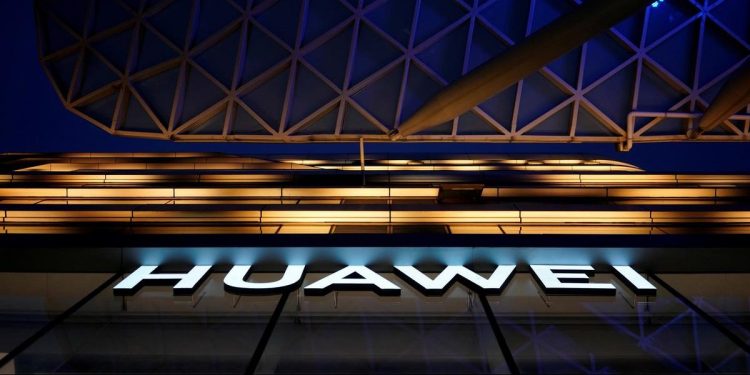testsetset
Google is reportedly pushing for an exemption from the U.S. government’s Huawei trade ban, arguing that an Android-based operating system developed by the Chinese tech titan could pose a significant security threat. According to a report in the Financial Times, which cites “three people briefed” on the matter, Google is arguing that forcing it to stop working with Huawei “risks creating two kinds of Android operating system: the genuine version, and a hybrid one.”
The claims state that the hybrid OS will likely have more bugs and could make Huawei phones more susceptible to being hacked. “Our focus is protecting the security of Google users on the millions of existing Huawei handsets in the U.S. and around the world,” the company told the Financial Times.
The lobbying effort, if true, follows nearly two years of escalating tensions, with the U.S. citing numerous security concerns relating to Huawei equipment. After the U.S. added Huawei and affiliates to a trade blacklist last month, Google revealed that complying with the restrictions would mean no longer providing Huawei with support for Android, including access to Google’s services. This may not have any meaningful effect on existing Huawei devices in the short-term, but the impact will be felt on future phones and tablets, which won’t be able to offer Google’s app store or any Google services — such as Maps, YouTube, and Gmail. As such, Huawei revealed that it would be pushing ahead with plans to bring its own mobile OS to market, one that will likely be based on Android to ensure compatibility with the millions of Android apps out there.
Contradiction
While it’s clear Google stands to lose a lot if it’s forced to stop working with Huawei permanently, that argument won’t hold much water with the Trump administration. The specific security argument Google is using isn’t clear, but it will likely focus on the fact that a “forked” version of Android won’t ship with the likes of Google Play Protect, software that helps prevent malware and other nastiness from infiltrating Android devices. Given that Huawei is now among the biggest smartphone makers globally, this could pose a serious threat to not only Huawei device owners themselves, but to anyone sharing data with a person using a Huawei phone.
June 5th: The AI Audit in NYC
Join us next week in NYC to engage with top executive leaders, delving into strategies for auditing AI models to ensure fairness, optimal performance, and ethical compliance across diverse organizations. Secure your attendance for this exclusive invite-only event.
Such an argument is easy to follow. It uses the U.S. government’s own position — “Huawei is a security threat” — to support the notion that banning trade with Huawei outright could serve as an even bigger security threat in the long run. However, an argument that forked Android operating systems are more insecure would impugn not just Huawei, but any company wishing to build a non-Google Android-based OS.
More importantly, this argument would run contrary to the spirit of claims Google has previously made in relation to Android, when it sought to counter accusations that Android is a monopolistic, anticompetitive force.
Indeed, the Alphabet subsidiary had to completely reconfigure its business model in Europe last year after it was hit with a $5 billion fine by EU antitrust regulators over the way it allegedly forced manufacturers to bundle some Google apps, including Gmail, Google Search, and Google Play, on Android phones. A key argument Google used in its defense was that OEMs — such as Amazon with Fire OS — have always been free to do as they please with Android, given that it is released under an open source license.
“Our partner agreements are entirely voluntary — anyone can use Android without Google,” noted Ken Walker, Google’s SVP of global affairs, in a 2016 blog post. “Try it — you can download the entire operating system for free, modify it how you want, and build a phone. And major companies like Amazon do just that.”
When defending the rules Google has in place for phone makers wishing to use its version of Android, Google CEO Sundar Pichai added:
No phone maker is even obliged to sign up to these rules — they can use or modify Android in any way they want, just as Amazon has done with its Fire tablets and TV sticks.
There may be legitimate security concerns over a company of Huawei’s size rushing out its own OS, and its ability to roll out regular and timely security patches. But time and again, Google has used Android’s open source foundations as a way to deflect accusations that it has a stranglehold on a closed ecosystem. If these latest reports are true, Google is now actively working to preempt one of the biggest Android forks in the history of smartphones — by arguing that such forks pose a major security threat.
Google simply can’t have it all ways: Either Android is a positive force because it’s open source and manufacturers can do what they please with it, or it’s an international security risk. It can’t be both.

